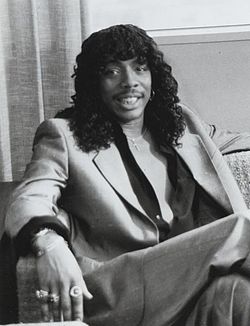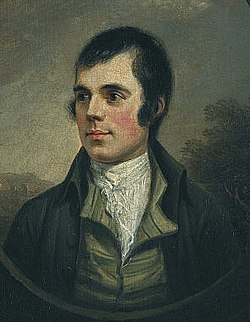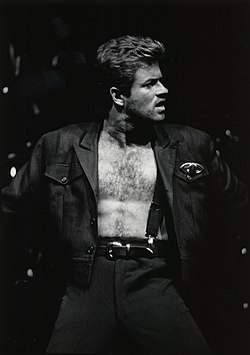
American singer-songwriter Mariah Carey began her singing career working as a backing vocalist for American singer Brenda K. Starr before signing with Sony Music's Columbia Records in 1988. She went on to record numerous songs throughout her career for her own studio albums, various soundtracks, and has also contributed vocals to multiple charitable releases. Her debut single "Vision of Love" found success becoming her first number one song in the United States. She followed this with her eponymous debut album for which she co-wrote all of the ten songs with Ben Margulies and produced alongside Walter Afanasieff. She followed this with the albums Emotions (1991), Music Box (1993), Merry Christmas (1994), Daydream (1995), Butterfly (1997), Rainbow (1999), Glitter (2001), Charmbracelet (2002), The Emancipation of Mimi (2005), E=MC² (2008), Memoirs of an Imperfect Angel (2009), Merry Christmas II You (2010), Me. I Am Mariah... The Elusive Chanteuse (2014), Caution (2018), and Here for It All (2025).
Contents
Carey has received praise for co-writing and producing all of her original material. She has topped the US Billboard Hot 100 chart nineteen times – the most among soloists – with the songs "Vision of Love", "Love Takes Time", "Someday", "I Don't Wanna Cry", "Emotions", "I'll Be There", "Dreamlover", "Hero", "Fantasy", "One Sweet Day", "Always Be My Baby", "Honey", "My All", "Heartbreaker", "Thank God I Found You", "We Belong Together", "Don't Forget About Us", "Touch My Body" and "All I Want for Christmas Is You". She has also covered many songs throughout her career including "Open Arms" by Journey, "Without You" by Badfinger, "Against All Odds (Take a Look at Me Now)" by Phil Collins, "Bringin' On the Heartbreak" by Def Leppard, "I Want to Know What Love Is" by Foreigner, and "One More Try" by George Michael.










